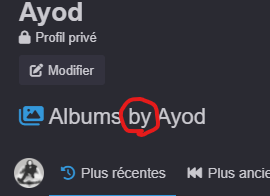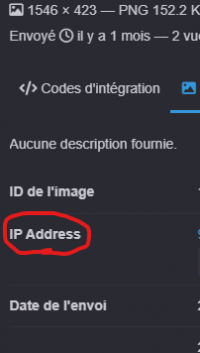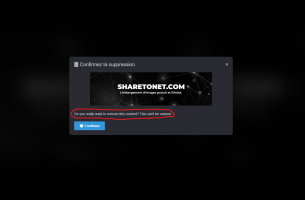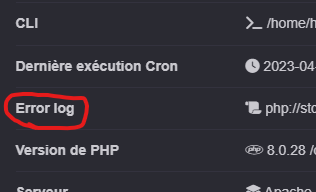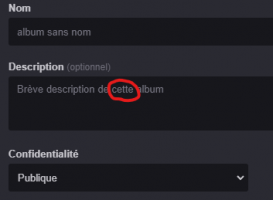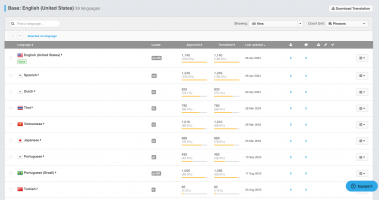Hey there,
I've enabled collaboration for Chevereto V4 translations and imported existing strings from previous Chevereto V3 translations. Most languages will require a minor update to catch up. We need help from everybody to get the software translated.
👉 You can contribute here: https://chevereto.oneskyapp.com/collaboration/project?id=390236
If your language is missing just let me know to add it to the translations list.
I've enabled collaboration for Chevereto V4 translations and imported existing strings from previous Chevereto V3 translations. Most languages will require a minor update to catch up. We need help from everybody to get the software translated.
👉 You can contribute here: https://chevereto.oneskyapp.com/collaboration/project?id=390236
If your language is missing just let me know to add it to the translations list.


